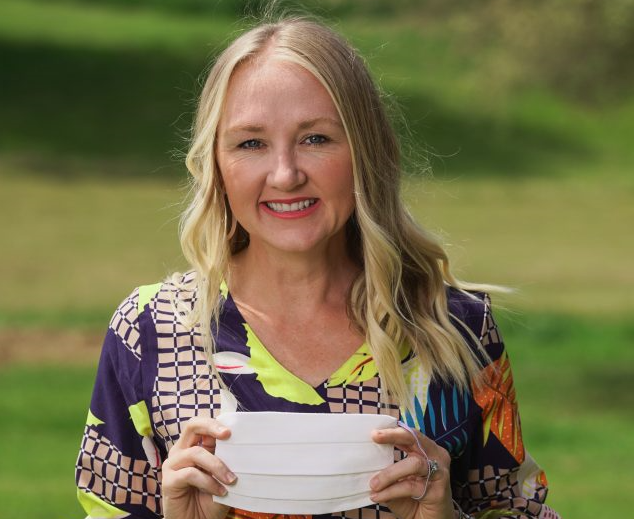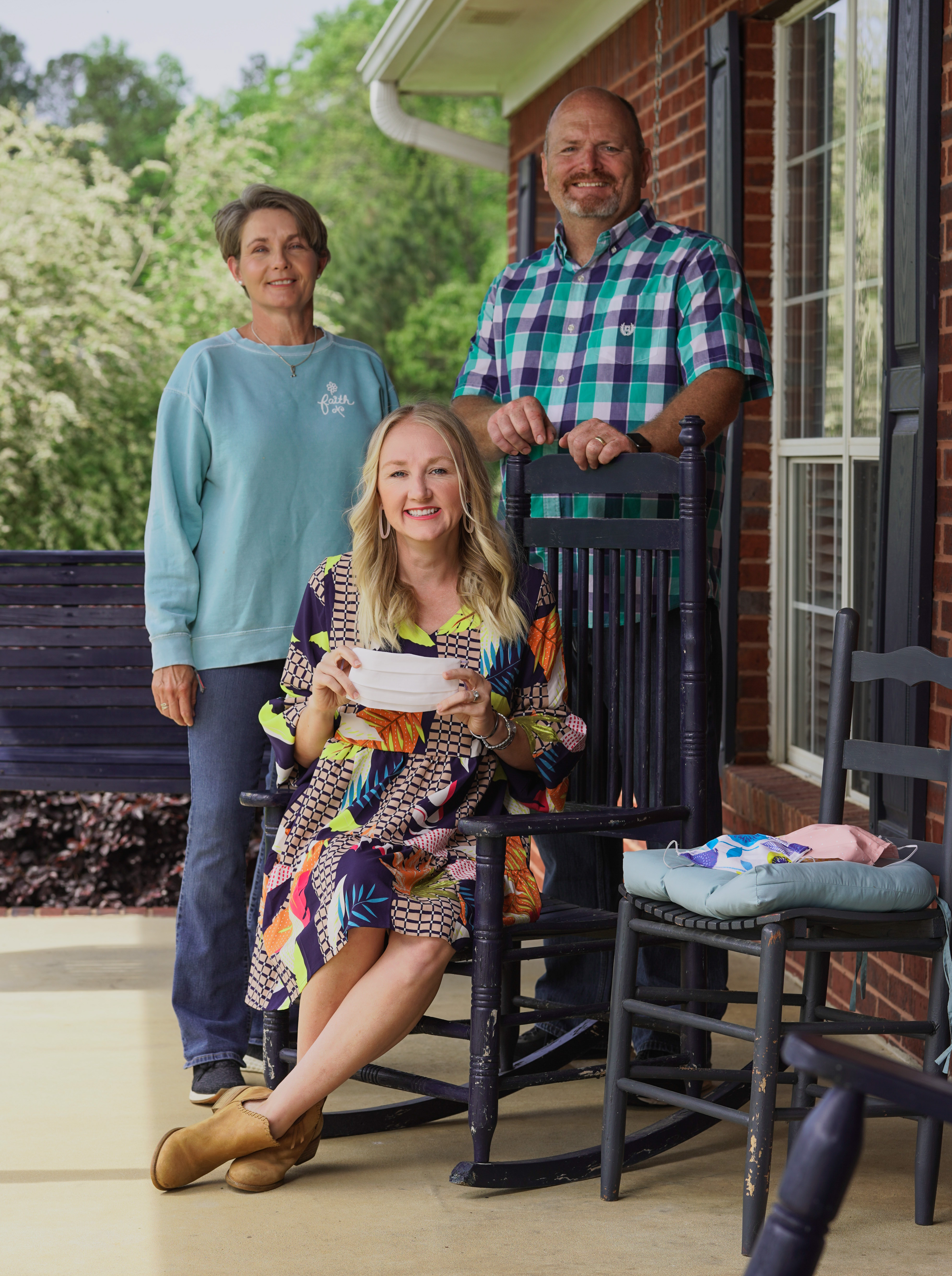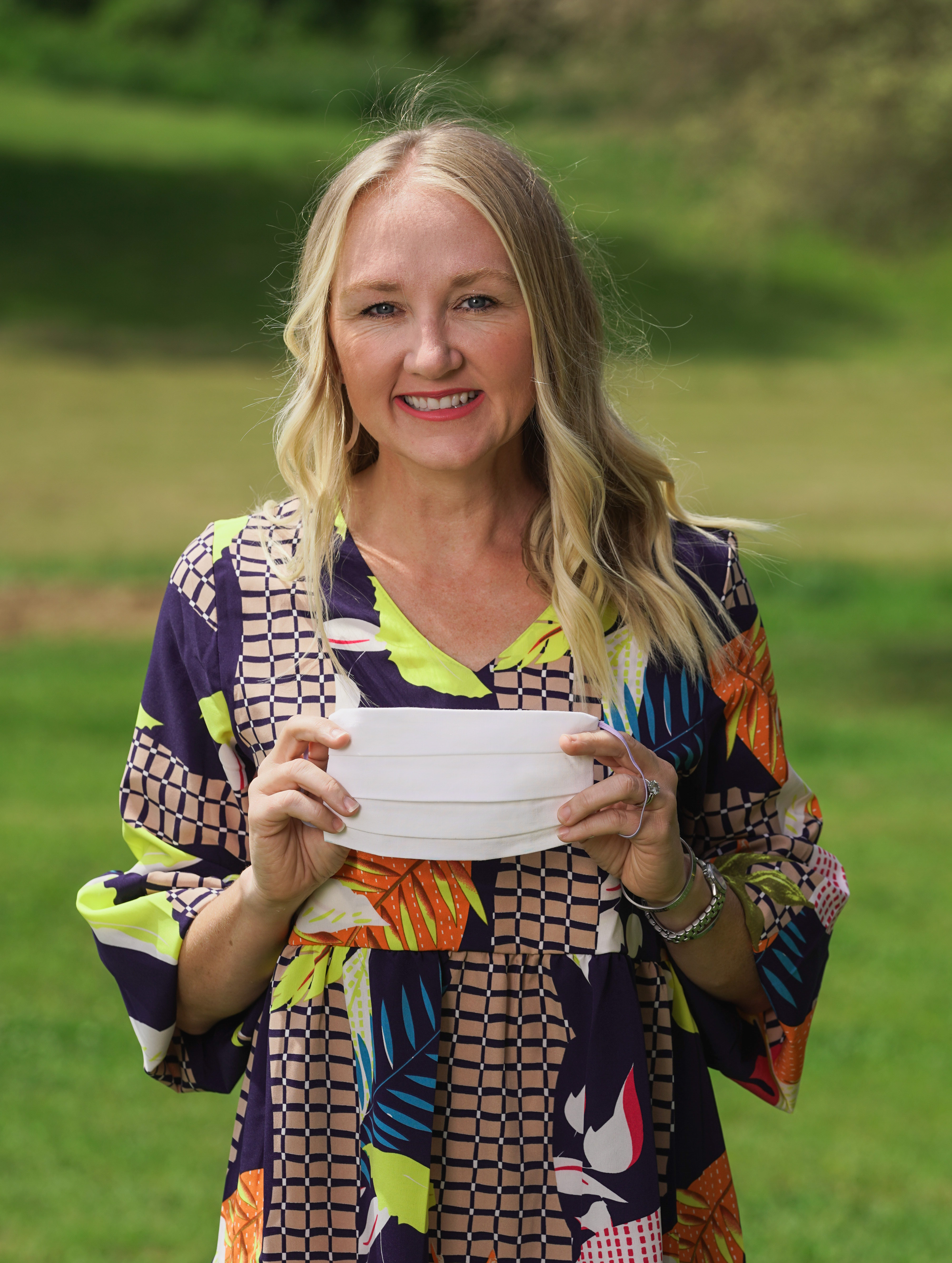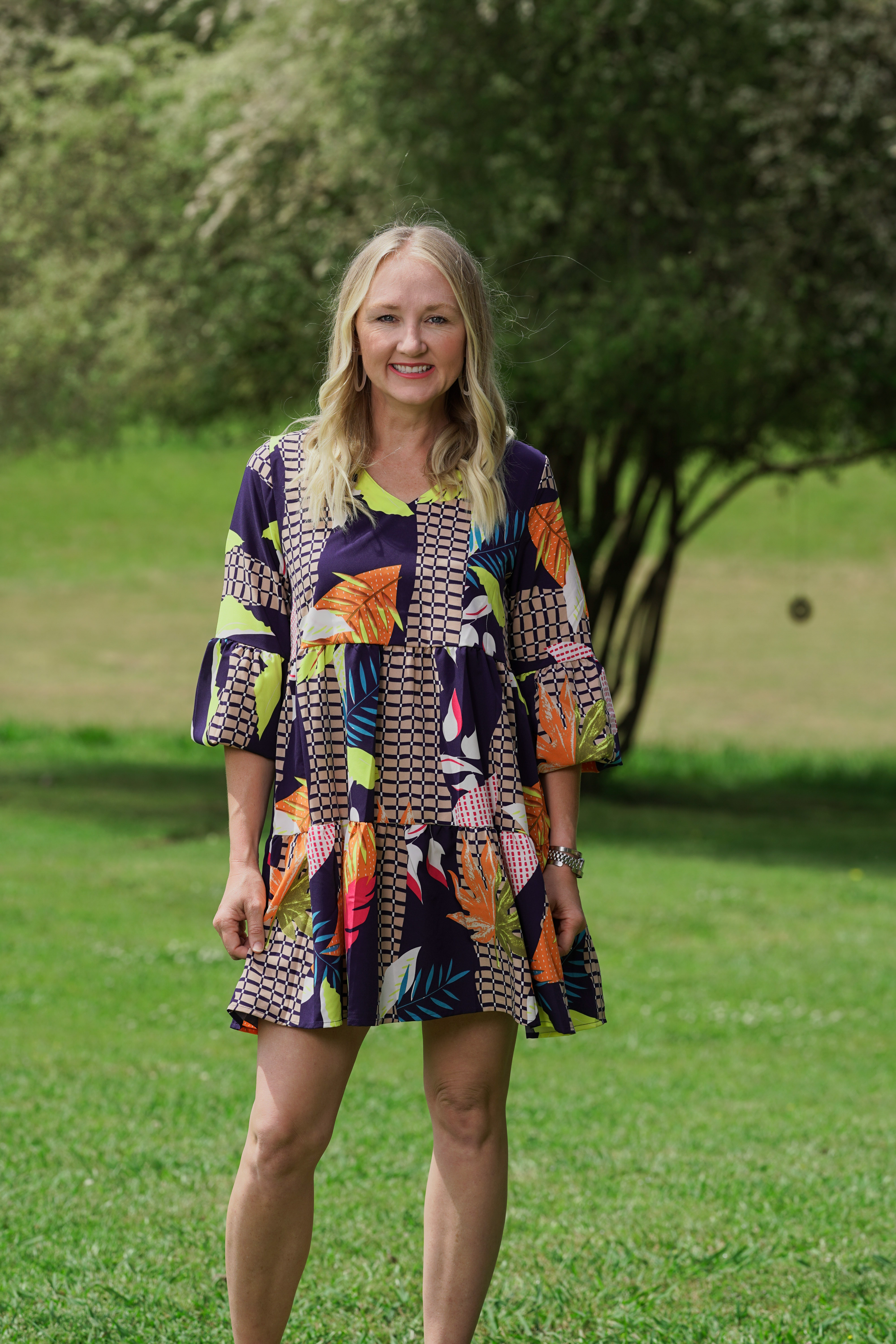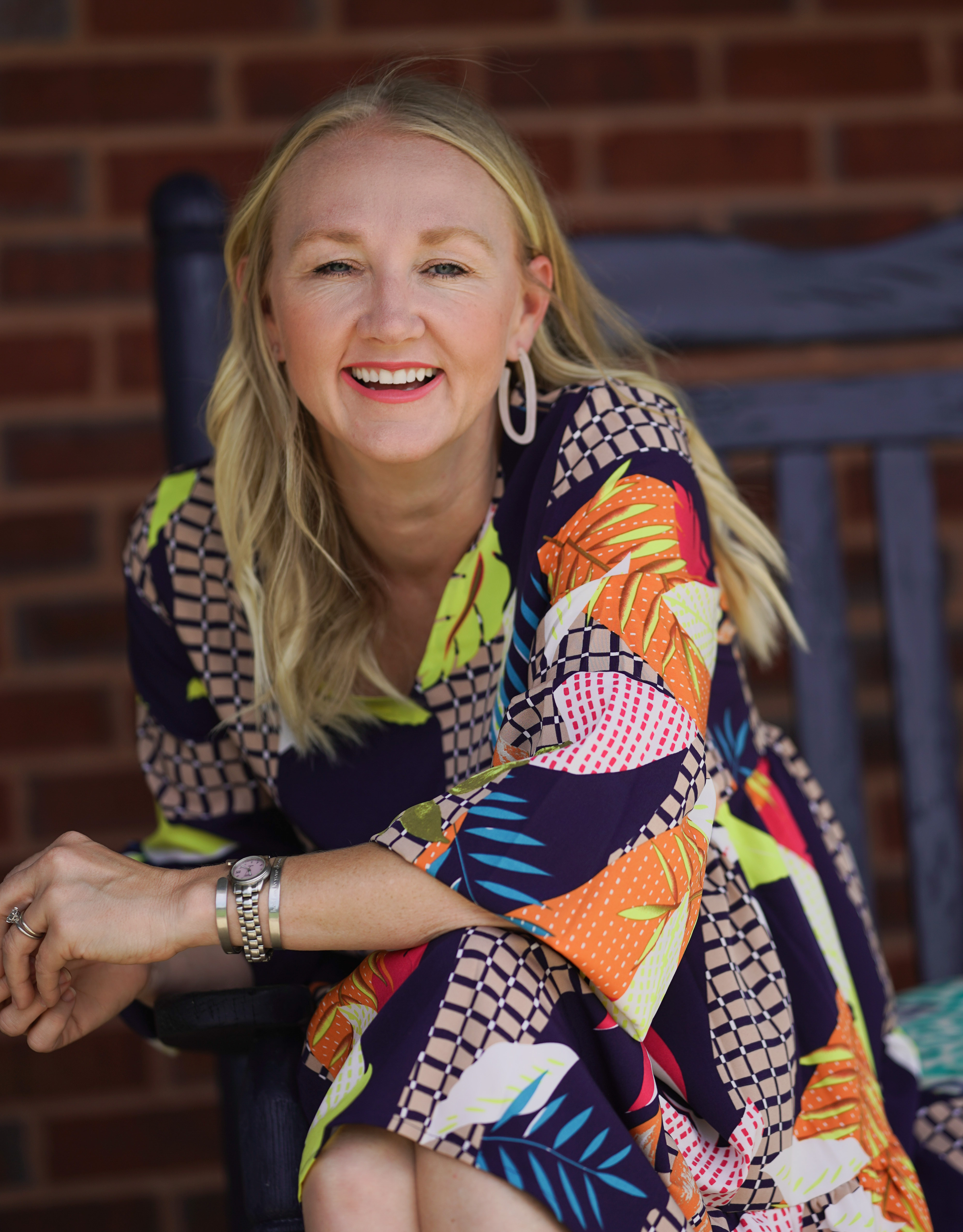By Erica Wright
The Birmingham Times
Birmingham-based fashion designer Heidi Elnora may have closed the doors of her bridal atelier shop, but that doesn’t mean she has stopped serving the public. The owner of Heidi Elnora Atelier now uses her design skills to provide face masks for people on the front lines of the COVID-19 pandemic. In mid-March, Elnora announced on her social media pages that she would be making masks.
“Wedding dresses are not considered an essential business, even though they are a very essential thing to brides,” said Elnora, who has appeared on the popular television show “Project Runway.” “So, when I had to close my store and being involved in the fashion industry, … I just thought, ‘What is it that I can do?’”
Once word went out on her social media pages, “Within a day or two, more than 100,000 people shared it. It was pretty cool just to see everybody come together as a community to help spread the word,” she said. “In the first two and a half weeks, my team and a group of volunteers from across the state, a majority of which are teachers from my child’s elementary school, really … started working.”
During that initial two-week period, the group made a little more than 15,000 masks, which were given to health care professionals, grocery store workers, police, firemen, and truck drivers.
“My goal was 5,000, but we went above and beyond,” Elnora said, adding that the team has given out more than 22,000 masks made of cotton-woven fabric with two layers between which an air filter is placed.
“These homemade masks are washable, sustainable, and reusable, [as opposed to masks] that are used once and thrown away,” she said. “When I first started, there was so much confusion about whether these masks would work. [I wondered], ‘Should I do it or not do it?’ I had a lot of pushback, too, but I said, ‘No! God called me to serve. He called me to make these masks, and I will make these masks.’”
While Elnora does not make the masks personally, she puts in the time to oversee the project.
“I make sure everybody has the supplies they need, and I keep up with where we are with masks and what’s been shipped out,” she said.
Heart to Serve
Elnora knew she wanted to find a way to help in the community, so she stayed up until 3 in the morning on a Saturday to build a website through which people could request face masks or sign up to become volunteers.
“We currently have 180 volunteer seamstresses across the state making masks,” she said. “These are women and men I did not know prior to this, and it’s been great. We’re able to keep people occupied and busy while staying home. At the same time, it gives people purpose and enables them to give back to the community.”
Elnora has also found some great partners, including Church of the Highlands and Alabama-based cotton business Red Land Cotton.
“It’s pretty cool because I don’t even go to [Church of the Highlands], but I teamed up with them. They had a group of seamstresses, so we started working together to make masks,” Elnora said. “I also teamed up with Red Land Cotton, another Alabama business, which makes this beautiful vetting; they handled all of our out-of-state requests, and I handled all of our in-state requests. Even the Christian Mission, a nonprofit group, reached out to me and said, ‘We know you’re doing good stuff. How can we help you?’”
About 900 to 1,200 masks are collected every two days by volunteers, which means about 450 or 500 masks are made per day. When it comes to the process of getting supplies to seamstresses and collecting and distributing masks, Elnora said they make sure to practice the social distancing guidelines that are in place.
Homegrown Effort
“It’s very homegrown. We leave fabric on [volunteers’] doorsteps to sew. Once the seamstresses are done, they contact us, and let us know the masks are ready to pick up from [where the fabric was dropped off],” Elnora explained. “One group of volunteers does drop-offs and pick-ups, one group cuts out fabric from their homes, another group cuts elastic. So, we’re managing probably 200 to 300 volunteers, all of whom have specific tasks they do at their homes.”
Though the operation runs smoothly, “one of the biggest challenges is finding elastic,” Elnora said. “You can’t find it anywhere … or buy it anywhere, so it’s the one thing I think has hurt not only us but every group making masks.”
In making masks, elastic is used as a tie to keep the mask on the face. Normally, it can be found at a fabric store or online, Elnora said, but now it can get lost in shipping or take a long time to arrive because so many people are making masks.
Fabric and air filters, on the other hand, are not a problem because they are donated.
Elnora said it’s incredible to work with unsung heroes, including the volunteer teachers and seamstresses.
“It’s really beautiful to see how many people are really good people that just want to serve and do good stuff,” she said. “We hear about all these negative things in the world and sometimes believe the world is bad, but there is a lot of good—and this is just a gentle reminder of how much good there really is.”
For more information on how to volunteer with tor donate to the Heidi Elnora Atelier face mask effort, visit www.heidielnoraatelier.com/community.


